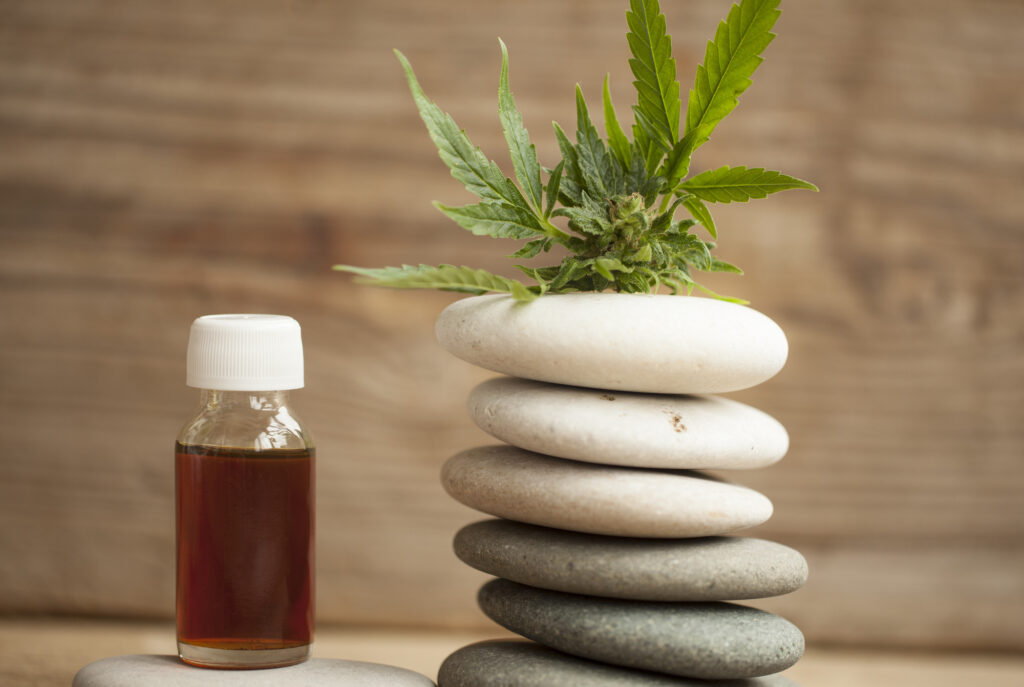In recent years, the popularity of CBD (cannabidiol) products has skyrocketed, and one particular category that has gained significant attention is CBD edibles. These products offer an easy and discreet way to consume CBD, providing potential benefits that range from stress relief to pain management. In this comprehensive guide, we will delve into the world of CBD edibles, exploring what they are, how they work, their potential benefits and risks, and what you need to consider before incorporating them into your wellness routine.
Understanding CBD Edibles
CBD edibles are food products that are infused with cannabidiol, a non-psychoactive compound derived from the cannabis plant. Unlike THC (tetrahydrocannabinol), another well-known compound found in cannabis, CBD does not produce the “high” sensation commonly associated with marijuana use. This property has made CBD a popular option for individuals seeking potential therapeutic benefits without the mind-altering effects.
CBD edibles come in a wide variety of forms, including gummies, chocolates, candies, beverages, baked goods, and more. The CBD extract is usually incorporated into the product during its production process, ensuring a consistent dosage in each serving.
How Do CBD Edibles Work
The human body has an endocannabinoid system (ECS) that plays a crucial role in regulating various physiological processes such as mood, pain sensation, immune response, and sleep. The ECS consists of receptors, endocannabinoids (naturally occurring compounds similar to cannabinoids), and enzymes.
When CBD is consumed as an edible, it enters the digestive system and is metabolized by the liver. During this process, CBD interacts with the ECS by binding to receptors known as CB1 and CB2 receptors. CB1 receptors are primarily located in the brain and central nervous system, while CB2 receptors are found in the peripheral tissues and immune cells.
The interaction between CBD and these receptors may influence the body’s response to various stimuli, potentially leading to the reported benefits associated with CBD consumption.
Potential Benefits of CBD Edibles
- Pain Management: One of the most widely recognized potential benefits of CBD is its ability to alleviate pain. Some studies suggest that CBD may interact with the ECS to reduce pain perception and inflammation.
- Anxiety and Stress Reduction: CBD has gained attention for its potential to reduce anxiety and stress. It is believed to impact the brain’s receptors involved in mood regulation. CBD edibles can provide a convenient way to manage these issues, especially for individuals who prefer an alternative to traditional pharmaceutical options.
- Improved Sleep Quality: Individuals struggling with insomnia or other sleep-related issues may find CBD edibles beneficial. CBD’s potential to relax the mind and body could contribute to better sleep quality.
- Anti-Inflammatory Effects: Chronic inflammation is associated with various health conditions, including autoimmune disorders and chronic pain. Some research suggests that CBD’s anti-inflammatory properties could help alleviate symptoms.
- Neuroprotective Properties: CBD’s interaction with the ECS has also led to investigations into its potential neuroprotective effects. Researchers are exploring how CBD could benefit individuals with neurological conditions like epilepsy and multiple sclerosis.
Factors to Consider
While CBD edibles offer potential benefits, there are several factors to consider before incorporating them into your routine:
- Dosage: The appropriate dosage of CBD can vary widely based on factors such as your body weight, metabolism, and the severity of your symptoms. It’s advisable to start with a low dosage and gradually increase until you achieve the desired effects.
- Time of Onset: Compared to methods like vaping or sublingual tinctures, CBD edibles tend to have a slower onset of effects. It can take anywhere from 30 minutes to a few hours to feel the effects, as the CBD needs to be digested and processed by the liver.
- Duration of Effects: On the flip side, the effects of CBD edibles often last longer than those of inhalation methods. This prolonged duration of action can be advantageous for individuals seeking sustained relief.
- Product Quality: The CBD market is largely unregulated, so it’s essential to choose products from reputable manufacturers that provide third-party lab testing results. This ensures that you’re getting a product with accurate CBD content and without harmful contaminants.
- Legal Considerations: The legality of CBD products can vary by region and country. It’s important to understand the legal status of CBD in your area before purchasing or using any products.
Possible Risks and Side Effects
CBD is generally considered safe and well-tolerated, but some individuals may experience side effects, such as:
- Dry Mouth: CBD can inhibit saliva production, leading to a dry sensation in the mouth.
- Dizziness: Some users may feel lightheaded or dizzy, especially when taking high doses.
- Digestive Issues: CBD edibles may cause gastrointestinal discomfort in some individuals.
- Interaction with Medications: CBD can interact with certain medications, so it’s crucial to consult a healthcare professional if you’re taking prescription drugs.
Conclusion
CBD edibles offer a convenient and discreet way to experience potential therapeutic benefits without the psychoactive effects of THC. These products have gained popularity due to their reported positive impacts on pain management, anxiety, sleep quality, inflammation, and more. However, individual responses to CBD can vary, and it’s important to start with a low dosage, choose reputable products, and be aware of potential interactions with medications.
As the CBD landscape continues to evolve, more research is needed to fully understand its mechanisms of action and its potential long-term effects. If you’re considering incorporating CBD edibles into your wellness routine, consulting with a healthcare professional can provide personalized guidance based on your individual health circumstances. Remember that while CBD edibles may offer benefits, they are not a substitute for professional medical advice and treatment.
Monika Wassermann is a doctor and a freelance writer based in the UK who lives with her cat Buddy. She writes across several verticals, including life, health, sex and love, relationships and fitness. Her three great loves are Victorian novels, Lebanese cuisine, and vintage markets. When she’s not writing, you can find her trying to meditate more, weightlifting, or wandering around in town.
[email protected]
- Sip, Savor, and Sparkle: Exploring the Delights of Melo’s THC Beverages - April 23, 2024
- Exploring Baby Botox with Dr. Laura Geige” - April 2, 2024
- Lip Fillers, Botox, Dermal Fillers, Anti-Wrinkle Injections in Balham SW12 - March 22, 2024











